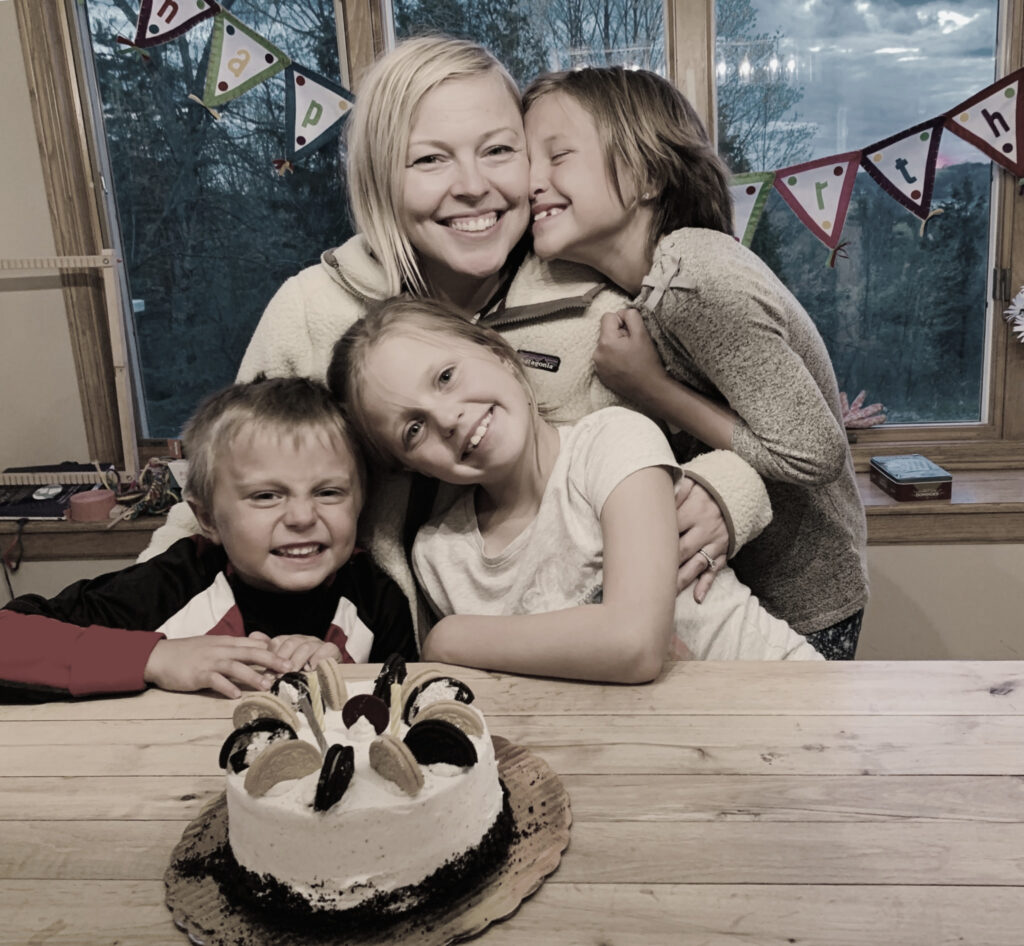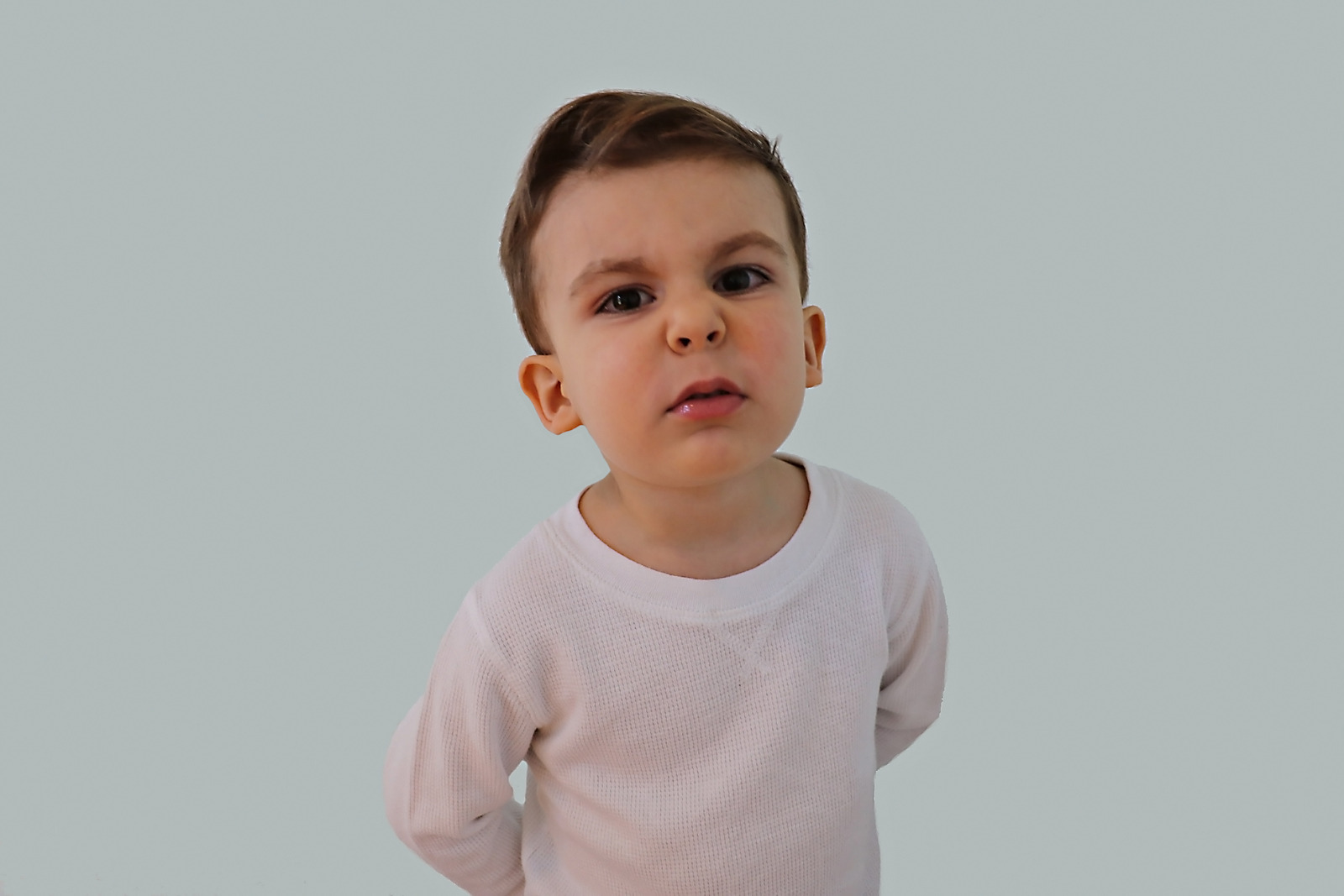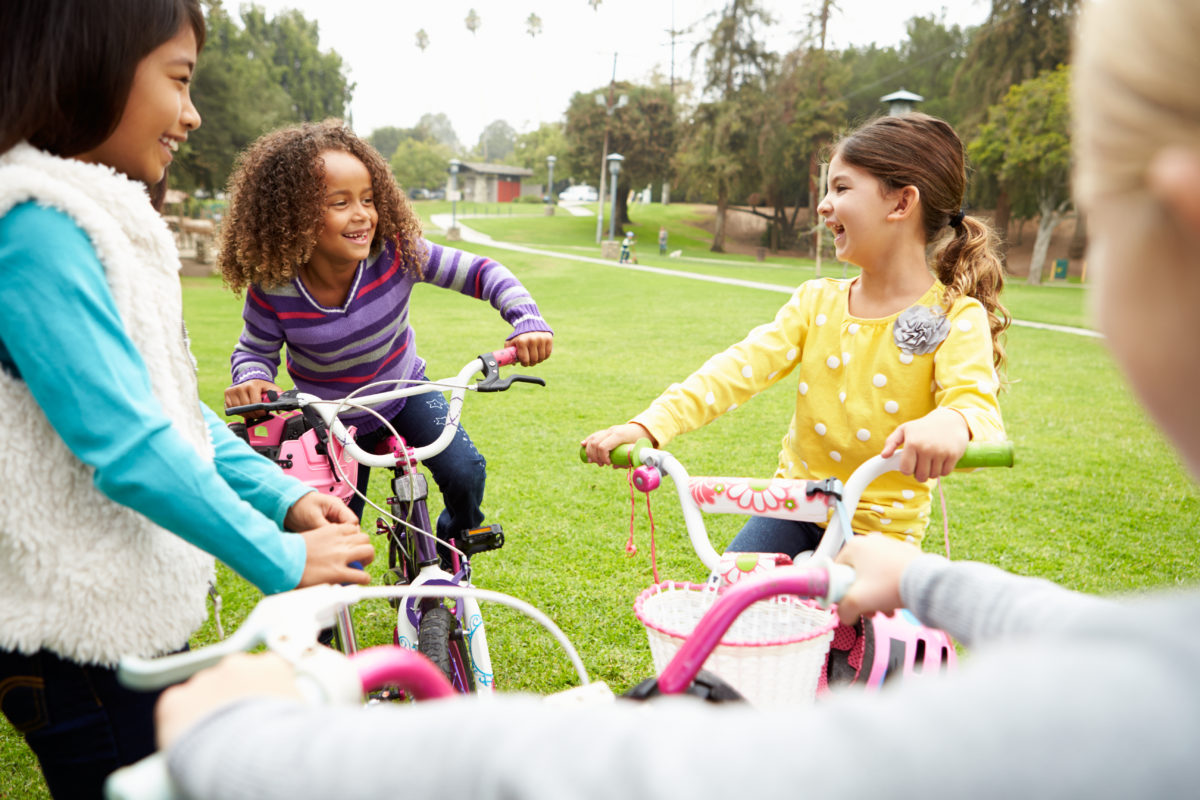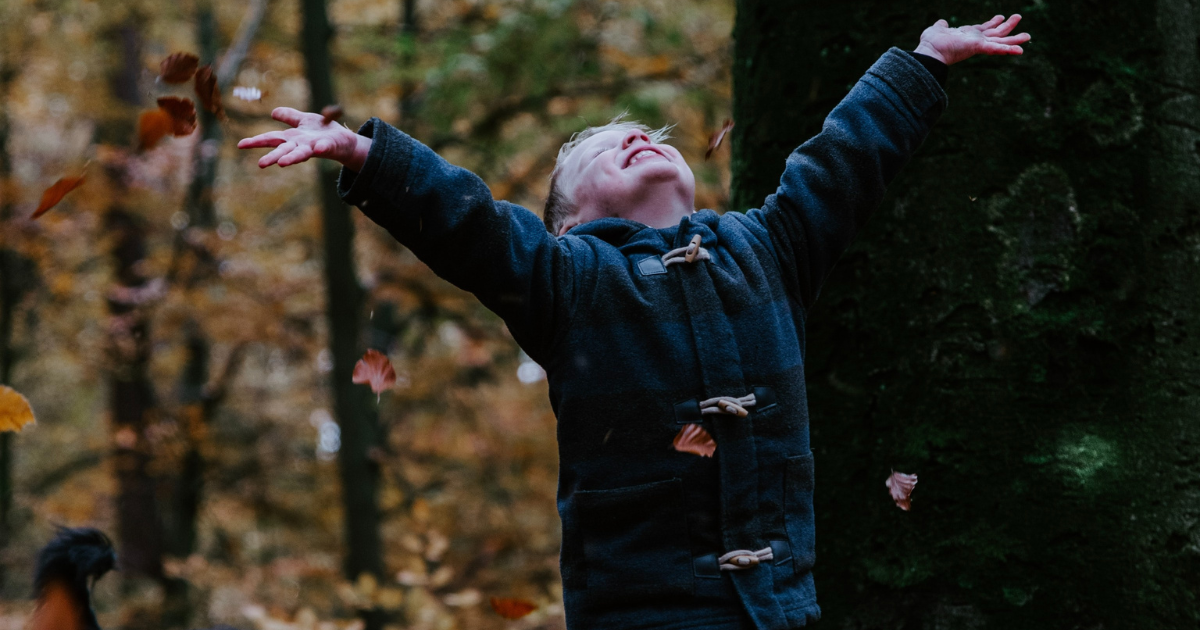Help Your Child Navigate Friendship Problems with these 6 Tips
Inside: An easy 5-step plan to help your child solve friendship problems and also prepare them for successfully dealing with relationship conflict in the future.
“I didn’t have fun at recess, today mom, Annie said we weren’t friends anymore this year, so now we’re not friends anymore”.
These were the words of my 6-year-old daughter on her first day of the First grade. She and Annie had been best friends the year before, but it appeared Annie had grown close with another classmate over the summer.
As I inquired about how school went that first day, my daughter’s exterior appeared tough, but I could tell underneath she was crushed.
Witnessing our child get hurt by a friend or peer is hard to see as a parent. Maybe it’s because, on a certain level, we can feel the pull of that basic human need to be liked and accepted, and want nothing more for our child.

While witnessing our child having friendship problems isn’t easy, it is a normal and healthy way for your child to learn life-long emotional coping, conflict resolution, and communication skills.
Let’s talk about an easy 6 step plan to not only help your child navigate their friendship problems but also to prepare them to successfully deal with relationship conflict in the future.
A 6-Step Plan to help your Child Navigate Friendship Problems
1. Just Listen.
This step could be the easy one, if it weren’t for all that pesky emotional baggage we carry around as parents. When you see your child experience social pain, it brings back issues and challenges from your own past. When the emotional area of our brain gets activated we are more apt to engage in any number of unhelpful behaviors, including jumping in prematurely, interrupting, offering unsolicited advice and trying to control/fix the outcome of the situation.
Being aware of the emotions popping up for you and holding back when the urge to ‘fix’ sets in, will allow you to keep your lips sealed until your child has had a chance to fully explain. When we are mindful of our emotions we’ll know when the right time to respond comes.
2. Empathize
This piece is utterly important. Why? Not only will empathizing with your child strengthen your relationship, feeling heard and understood is the conduit of moving your child from their emotion brain (amygdala) to their more rational problem-solving brain (pre-frontal cortex). It’s also the key piece that humans need to go from emotionally stuck to feeling heard and understood which allows us to move on and work through the situation.
Dr. Brene Brown defines empathy succinctly and effectively “empathy means to feel with other people”.
When we empathize we can see things from our child’s point of view and provide a safe space free of judgment or criticism.
3. Ask questions.
Great questions are the beginning of great conversations. When you approach your child’s situation with an open and curious mind you can ask questions that will help you to gain insight to what’s underneath her struggles and how to get to the heart of the situation. Some great open-ended questions to ask are:
What bothered you most about what happened?
How did it feel when that happened? How do you think they may have been feeling?
If you could go back and have a ‘do-over’ what would you do differently?

4. Invite problem-solving.
Far and away the best thing you can do as a parent when helping your child solve friendship problems is to give your child the skills to initiate and engage in active problem-solving. Working through our emotions is key, but we also don’t want to stay stuck in the land of ‘the feels’ forever.
By initiating a conversation on how your child wants to move forward gets them to critically think about what might make things less stressful next time their friend leaves them out or takes something without asking.
5. Offer insights.
Someday, my honest hope is that communication and problem-solving skills are universally taught in schools (shocking coming from a therapist I know). How can we be shocked to see children as young as preschoolers engaging in relational aggression when we don’t give our kids the framework they need to solve friendship problems?
Your kids love hearing stories about you versus getting lectured. Discuss a time you had to work something out with a co-worker or sibling and the related challenges/successes that followed. A great mini-framework to offer your child covers basic communication and conflict resolution skills:
- It’s ok to take time to cool down. It’s not always possible to work through everything in that very moment. Taking a break for emotions to settle can be a wise choice.
- The power of ‘I statements’. When things get heated with a friend let your child know it will be much more effective to express how he is feeling as opposed to accusatory statements that lead with ‘You’. For example, “I feel left out when you don’t ask me to play tag”.
- We respect our friends by listening. Ask your child how they feel when they are listened to vs when they are ignored, which will drive home the importance of offering that same respect to their friends.
- Team up to work it out. Remind your child her and her friend are on the same team. When each is able to listen, empathize and express their emotions working out a comprise will usually follow.
6. Trust your child.
Despite any uncomfortable feelings you may have regarding your child’s peer conflicts, it’s essential you step back and allow your child the time and space to proceed as they wish with their peer relationships.
My daughter continued to talk about Annie and their severed friendship for weeks. I had listened, empathized and offered feedback but my daughter still didn’t have the confidence to approach her old friend.
Then one day after school she got into the van and nonchalantly mentioned, “oh mom I played with Annie in gym, we talked about it and now we’re friends again.” It certainly wasn’t on my timetable (Annie’s family are good family friends of ours), but she did put into place the important concepts we talked about when she was fully ready.

About Angela Pruess LMFT
Welcome! I’m Angela, a Licensed Children’s Mental Health Professional, Positive Parenting coach, and mom to Spirited Kids that help me learn and grow (grey hairs) every single day. I believe EVERY child deserves to live their BEST life and that emotional health is the magic key to lifelong success and happiness. Read more about me and the Parents with Confidence manifesto.








Thank you I wil definately try this,at the moment my daughter is stuck between two friends who just don’t get on,my daughter doesn’t want to be made to choose between them and just wished everyone would just get on.
Such a hard situation to be in! Really great life lessons to be learned in the meantime:)
This was helpful thank you! My daughter is 5 and gets really hurt and upset when a friend won’t play with her. One friend has started picking up on the dynamic and makes her upset on purpose, and others have shied away from her cause she’s so intense — I’m grateful to have some tactics to walk her through these scenarios and hopefully help her navigate them better in the future!
I liked your article and i am going to use the tips given to help my deal with the issues with his friend. My son is 10 and his friend’s family is very well-to-do. His friend keeps asking him questions about things he (my son)has and compares it to the things he has. Like do u hv a car , O we have two cars! Or how many floors ur building has , O my building has 22 floors and has very huge society with many facilities…… n stuff like that. This makes my son feel bad about the things n the house n stuff he has! I feel heartbroken trying to help my child deal with this and i’m afraid it shouldn’t hamper his confidence in himself. I m really struggling on how to help my child deal with this ‘inequality of wealth’ situation. I dont even want to overstep and speak with the child directly. I want my son to learn to deal with such conflicts himself and learn how to pull himself up on his own. Please suggest !